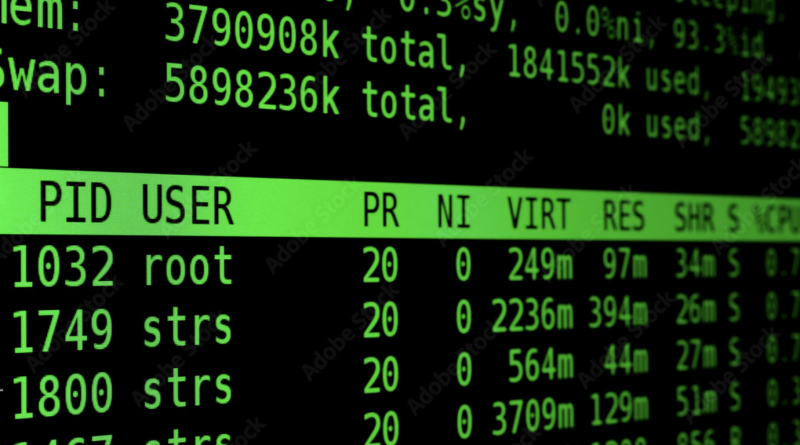The Ultimate Linux Command Cheat Sheet: Boost Your Productivity Today
The Ultimate Linux Cheat Sheet: Boost Your Productivity Today
As one of the most versatile, secure, and extensively used open-source operating systems, Linux is a popular choice among many developers, system administrators, and tech enthusiasts alike. Whether you’re a beginner or an experienced professional, a well-crafted Linux cheat sheet can prove to be an invaluable resource. We’ve curated an extensive list of Linux commands that will empower you to perform tasks swiftly and efficiently.
Understanding The Linux Command Line Interface
Linux primarily uses a command-line interface (CLI), which might seem intimidating for new users. However, the CLI offers an immense range of possibilities when it comes to task execution and system management. Let’s delve into some of the most useful Linux commands.
Essential Linux Commands for Beginners
1. Navigation Commands
cd: Change the directory. Usecd ..to move one directory up.pwd: Print the current working directory.ls: List all files and directories in the current directory.
2. File Manipulation Commands
touch: Create a new empty file.cp: Copy files or directories.rm: Remove files or directories.
3. Text Processing Commands
cat: Concatenate and display file content.more/less: View file content page by page.grep: Search for a specific pattern within a file.
4. System Information Commands
top: Display system processes in real-time.uname: Show system information.df: Report file system disk space usage.
Advanced Linux Commands for Pros
1. Network Commands
ping: Check the network connectivity to a host.netstat: Display network connections, routing tables, and network interfaces.ssh: Securely connect to a remote host.
2. Process Control Commands
ps: Report a snapshot of current processes.kill: Terminate processes by their process ID.
3. File Permissions and Ownership Commands
chmod: Change the permissions of a file.chown: Change the ownership of a file.
File & Directory Commands
mkdir: Creates a new directory.rmdir: Removes an empty directory.mv: Move or rename files and directories.
Text Processing and File Viewing Commands
head: Display the beginning of a file.tail: Display the end of a file.wc: Count the number of lines, words, and characters in a file.
File Search Commands
find: Find files and directories. It’s a very powerful command with numerous options.locate: An alternate tofind. It uses a previously built database to search.
Archiving and Compression Commands
tar: Archive files.gzip: Compress files.gunzip: Decompress files.
Disk Usage Commands
du: Estimate file and directory space usage.fdisk: Manipulate disk partition table.
File Permissions and Ownership Commands
chgrp: Change the group ownership of a file.
Networking Commands
ifconfig: Display or configure a network interface.traceroute: Print the route packets take to a network host.telnet: User interface to the TELNET protocol.
System Status Commands
uptime: Show how long the system has been running and the load average.free: Display the amount of free and used memory in the system.vmstat: Report virtual memory statistics.
Package Management Commands
apt-get: APT package handling utility (Debian).yum: Package manager for RPM-based systems.
These commands, coupled with those we explored earlier, will add to your command-line prowess, enabling you to handle a wide variety of tasks in the Linux environment. As always, you can dive deeper into each command by using the man command followed by the command name to access its manual page, e.g., man ls.
Remember that proficiency comes with practice, so don’t hesitate to spend time in the terminal experimenting with these commands. Happy Linux journey!
Tags: #LinuxCommands, #AdvancedLinux, #Commandline, #PackageManagement, #FilePermissions, #NetworkingCommands, #SystemStatus, #DiskUsage, #TextProcessing, #FileSearch
Meta Keywords: Advanced Linux Commands, Linux Package Management, File Permissions and Ownership, Linux Networking, System Status, Disk Usage, Text Processing, File Search, Linux Cheat Sheet.


